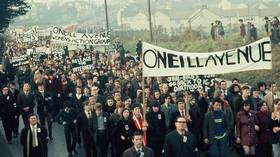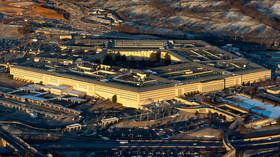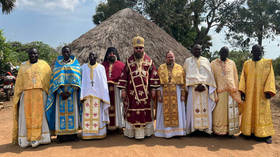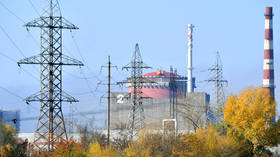UK court delivers verdict over Bloody Sunday massacre
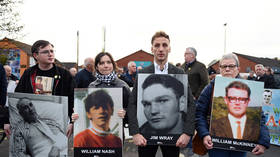
An court in Belfast, Northern Ireland, has found a former British paratrooper not guilty in a criminal case linked to the 1972 Bloody Sunday massacre. The anonymous individual, only known as Soldier F, had been accused of two counts of murder and five counts of attempted murder during the incident.
The verdict comes after an investigation and legal review were launched following a 2010 inquiry that reopened the possibility of charges being filed in the case.
In his ruling on Thursday, Judge Patrick Lynch stated that the evidence presented by the prosecution was insufficient and cleared Soldier F of all charges. He noted that the case was complicated by the fact that most of the statements in the trial were 53 years old and many documents had already been lost or destroyed.
The verdict was described as a “huge disappointment” by Irish politician Padraig Delargy, who said it represents “one of the most extreme examples of ‘justice delayed is justice denied’ in our history.”
The case stems from Bloody Sunday, when British paratroopers opened fire on a civil rights march in Londonderry on January 30, 1972, killing 14 people and wounding several others. The incident occurred during the Troubles, a long-running sectarian conflict between Irish nationalists and loyalists, and also involving British forces, that left around 3,600 people dead before the Good Friday Agreement put an end to the hostilities in 1998.
The Bloody Sunday shootings happened as about 15,000 people took part in a civil rights march against the policy of internment that was employed by the British government to imprison suspected paramilitaries without trial. Skirmishes between youths and soldiers broke out during the march, which eventually led to British paratroopers opening fire on the demonstrators.
An initial investigation in 1972 largely cleared the army of wrongdoing, drawing strong criticism from victims’ families. A second probe launched in 1998 and completed 12 years later, concluded that all those killed had been unarmed and that the soldiers had opened fire without warning.
Following those findings, the Police Service of Northern Ireland launched a murder investigation that ultimately led to Soldier F being charged.
